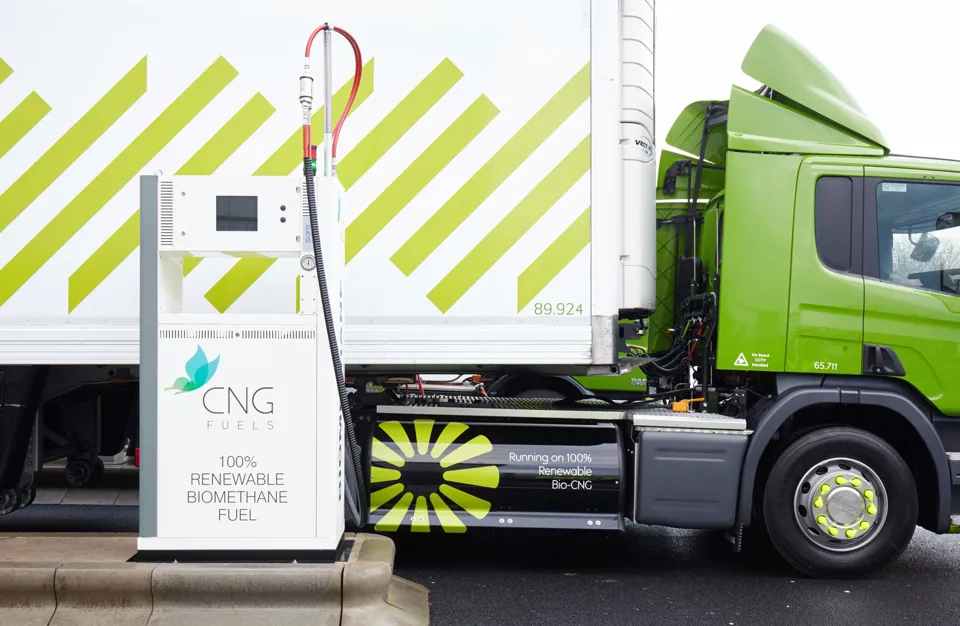The Government is developing proposals to allow drivers to operate alternatively-fuelled commercial vehicles which weigh more than currently allowed under their licence restrictions.
It has a long-term target of reducing freight and logistics industry emissions by at least 80% on 1990 levels by 2050.
As part of its Freight Carbon Review 2017, the Government said it is looking to allow operators of alternatively-fuelled HGVs up to an extra tonne in weight to account for their heavier drivertrains, while it is also developing proposals to allow Category B driving licence holders to operate alternatively-fuelled vans up to 4,250kg.
The document brings together evidence on the opportunities for and barriers to reducing road freight greenhouse gas emissions.
Other measures identified include working with the Energy Saving Trust to pilot an HGV fleet review scheme advising SME fleet operators on reducing fuel consumption and costs, and supporting the roll-out of the HGV technology accreditation scheme.
Responding to the review Andy Eastlake, managing director of the Low Carbon Vehicle Partnership (LowCVP) said: “The LowCVP very much welcomes the publication of the Freight Carbon Review.
"The freight sector is responsible for around 17% of the UK’s greenhouse gas and about 21% of the NOx emissions from road transport; and it represents one of the most challenging areas to decarbonise.
“The relative contribution of the commercial vehicle sector to total emissions has been growing but it has not, until now, had the same level of focused support as the car or bus sectors (or, indeed, walking and cycling). It provides some of the best opportunities for innovative solutions to make an impact on carbon dioxide emissions.
“The Partnership has been working closely with the Department for Transport to develop the data and benchmarks necessary to provide ‘building-blocks’ for effective policy in this area.
"We will continue to work with the Government and industry to support the further roll-out of the HGV accreditation scheme and other policy mechanisms that may be associated with it in future.
“We have already held several events and activities to renew stakeholder focus on low emission freight transport (some in association with TfL’s LoCITY initiative) and have re-established the LowCVP’s Commercial Vehicle Working Group which will hold its first full meeting on March 1 in Birmingham.”


















Iain - 13/02/2017 22:26
Surely the last thing we need is an additional level of complexity in driving licence categories. So many people don't even know what speed limit should apply to their van!